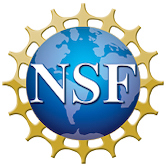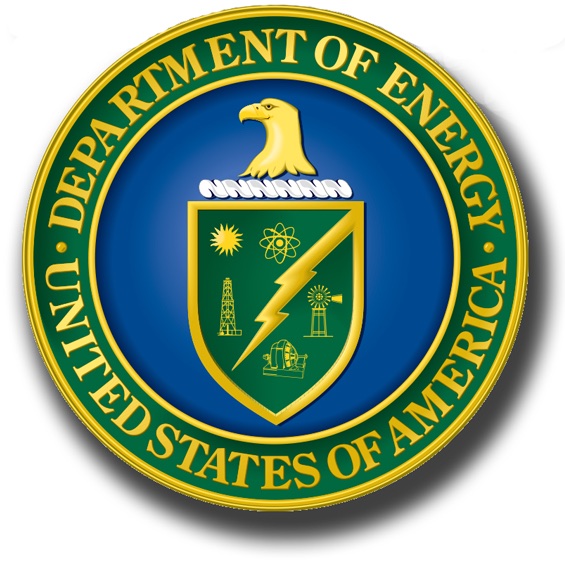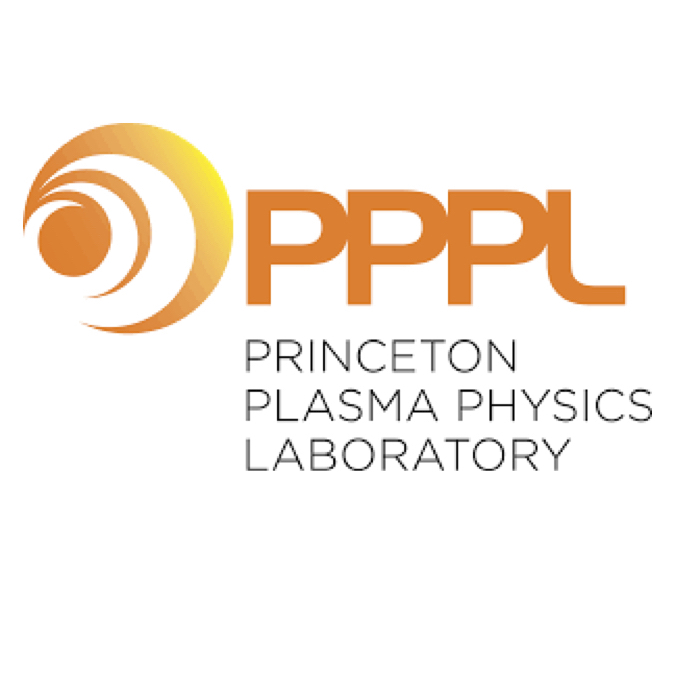TRANSP-based Optimization for Tokamak Scenario Development
W.P. Wehner, E. Schuster, M.D. Boyer, F. Poli
Symposium on Fusion Technology
Giardini Naxos, Sicily, Italy, September 16-21, 2018
|
Abstract
|

|
An optimization approach that incorporates the predictive transport
code TRANSP is proposed for tokamak scenario development. Optimization
methods are often employed to develop open-loop control strategies to
aid access to high performance tokamak scenarios [Fusion Eng. Des. 123
(2017) 513–517]. In general, the optimization approaches use
control-oriented models, i.e. models that are significantly reduced in
complexity and prediction accuracy as compared to physics-oriented
prediction codes such as TRANSP but have the advantage of enabling fast
simulations. In the presented approach, control-oriented optimization
is combined with TRANSP-based optimization. The fast control-oriented
optimization accelerates the TRANSP-based optimization by providing an
initial guess solution, and the TRANSP-based optimization improves the
accuracy of the control-oriented optimization by providing updated model
parameters on each iteration. As a test case, the injected neutral-beam
power, high-frequency fast-wave power, and electron-cyclotron heating
power are optimized to develop a control strategy that maximizes the
non-inductive current fraction during the ramp-up phase for NSTX-U.
Simulation studies towards the achievement of non-inductive ramp-up in
NSTX-U have already been carried out with the TRANSP code [Nucl. Fusion
55 (2015) 123011 (12pp)]. The optimization-based approach proposed in
this work is used to maximize the non-inductive current fraction during
ramp-up in NSTX-U, demonstrating that the scenario development task can
be automated. The proposed optimization technique has the potential of
playing a critical role in achieving a robustly stable non- inductive
ramp-up, which will ultimately be necessary to demonstrate applicability
of the spherical torus concept to larger devices without sufficient room
for a central coil.








